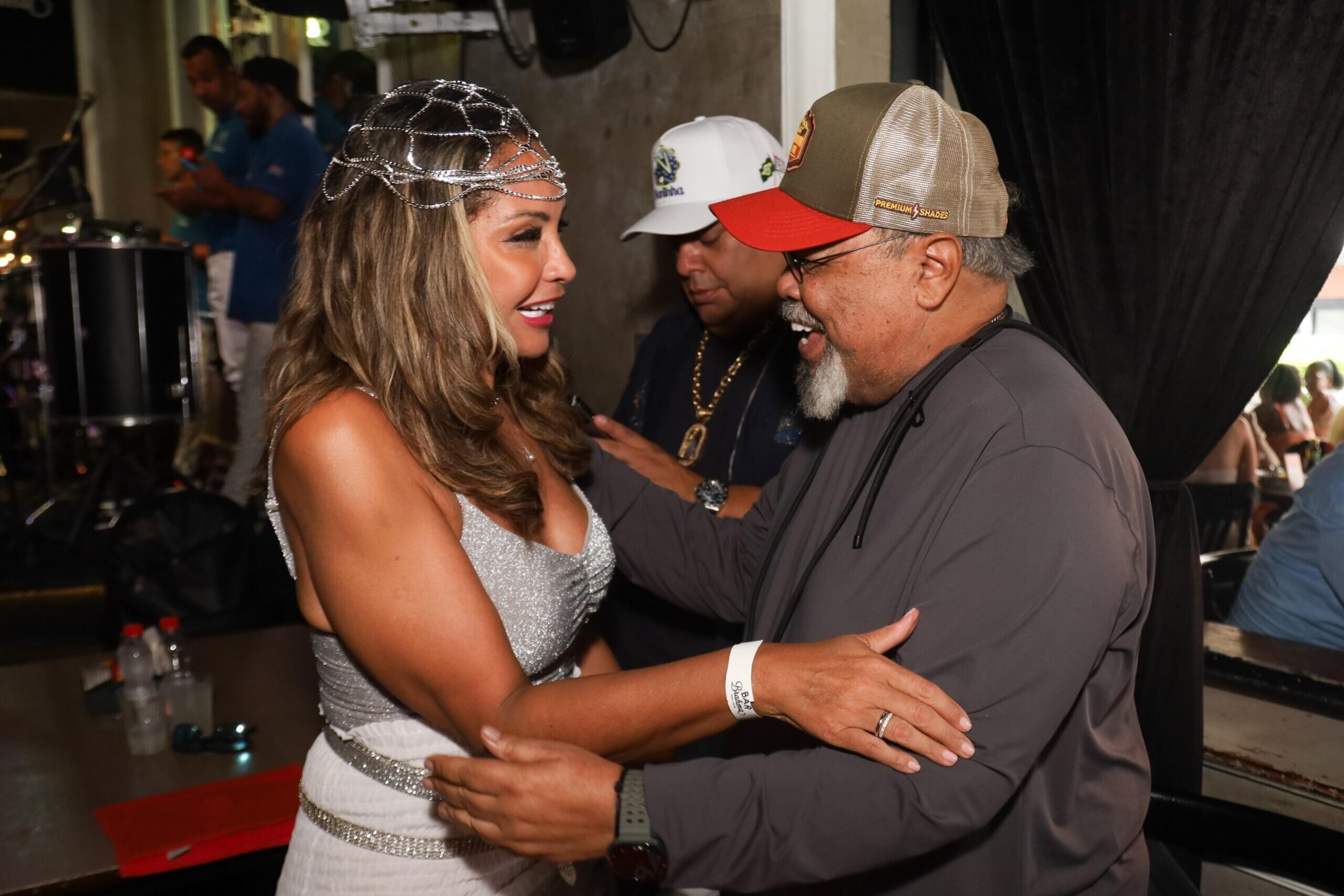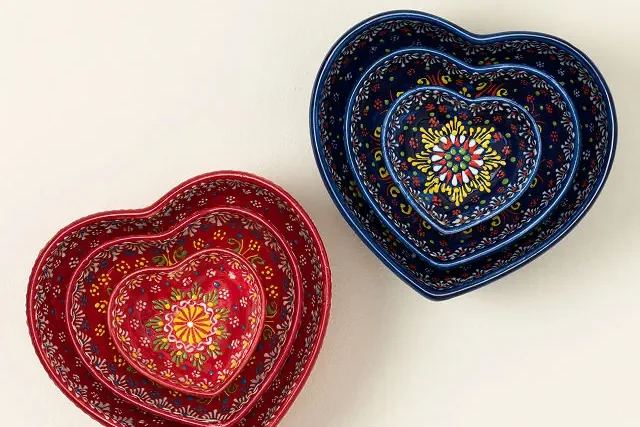Are open relationships for everyone? This question has probably found its way into a majority of late-night conversations or loomed large during discussions about unconventional love paradigms. It’s an inquiry that many of us grapple with as we navigate the vast seas of human relationships.
It’s a broad field to contemplate, made more complex by the societal constructs we live within and the myriad of personalities that inhabit our world. And it’s here that we find an intriguing concept, one that posits that when we can be immensely who we are and allow the other to be immensely who they are, it is possible to call the relationship free. But how does this notion interweave with the fabric of open relationships? Let’s find out.
Understanding Open Relationship
Open relationships are relationships in which the participants are free to engage in romantic or sexual relationships with other people outside of the primary relationship. However, this openness isn’t a laissez-faire playground, but a structured dynamic built on mutual consent, trust, and respect.
Now, the key question: Are open relationships for everyone? Not necessarily. It’s essential to understand that open relationships aren’t a one-size-fits-all solution to issues arising in traditional relationships or a novelty to be indulged out of curiosity.
Why Open Relationships May Not Be for Everyone
Many of us grew up in cultures where monogamy is the standard model for relationships. We are often taught that love is an exclusive emotion, confined to one partner at a time. This cultural conditioning plays a massive role in shaping our understanding and expectations of relationships. Hence, for many, the concept of an open relationship may feel alien and counterintuitive.
Furthermore, open relationships require a high degree of emotional intelligence, communication, and honesty. Not everyone may possess these attributes to the necessary extent, or they might find these conditions emotionally taxing.
The Lure of Open Relationships: A Liberating Experience
Despite the potential challenges, the question still stands: Are open relationships for everyone? Interestingly, some individuals and couples have found open relationships to be liberating experiences.
This form of relationship empowers people to explore their individuality and desires without feeling restricted by societal norms or expectations. It’s here that the concept mentioned earlier comes into play — being immensely who we are and allowing others to be immensely who they are.
In an open relationship, individuals are free to explore their desires, passions, and connections with multiple people, and they do not need to limit themselves to one person for all their emotional, sexual, and companionship needs. This kind of freedom can be profoundly fulfilling for those who naturally lean towards non-monogamy.
The Balance of Freedom and Responsibility
While open relationship allow individuals to be who they are, this freedom comes with a significant responsibility. It requires a deep understanding of oneself and the courage to communicate one’s desires and boundaries openly and honestly.
Is open relationship for everyone? They could be, provided that every individual involved can uphold the relationship’s integrity, respect the other’s freedom, and take responsibility for their actions. It’s a delicate balance of autonomy and consideration that makes these relationships work.
In the end, whether an open relationship is suitable for you or not depends largely on your personal feelings, beliefs, and capacity for handling complex emotional dynamics. Are open relationships for everyone? The answer, like many aspects of human relationships, is not straightforward.
Some might thrive in the flexibility and freedom that open relationships offer, while others might find comfort in the predictability and exclusivity of monogamy. Therefore, it’s crucial to engage in introspection and open discussion before stepping into the realm of open relationships. After all, the essence of any relationship, open or not, lies in its ability to foster love, respect, and mutual growth.






